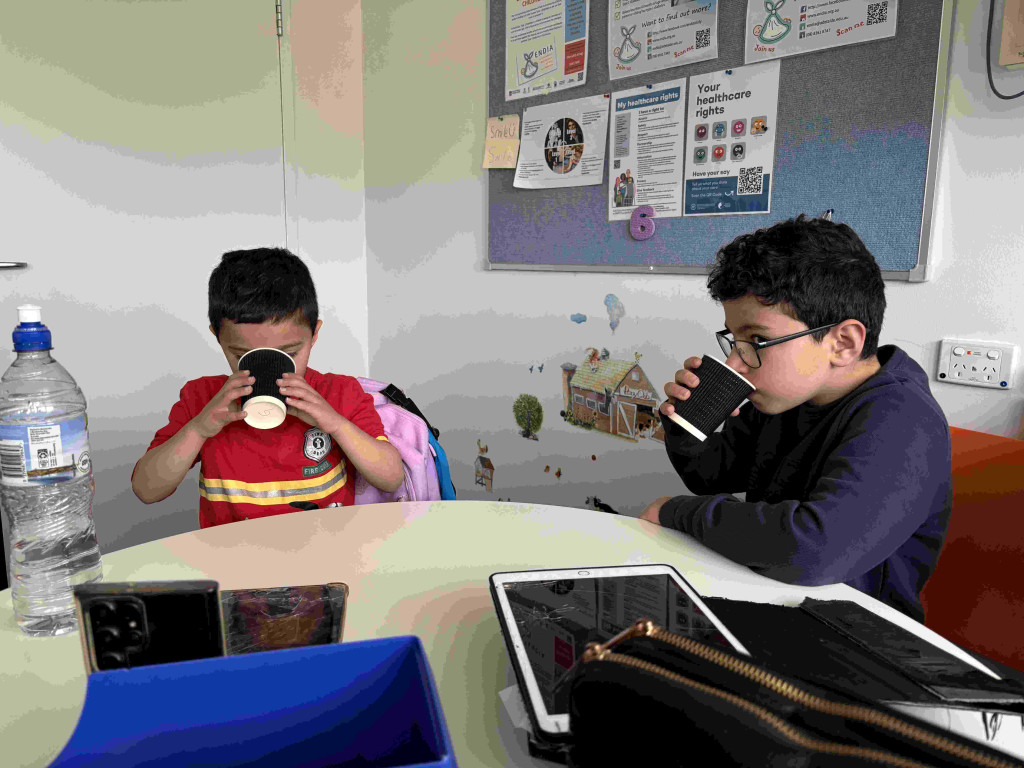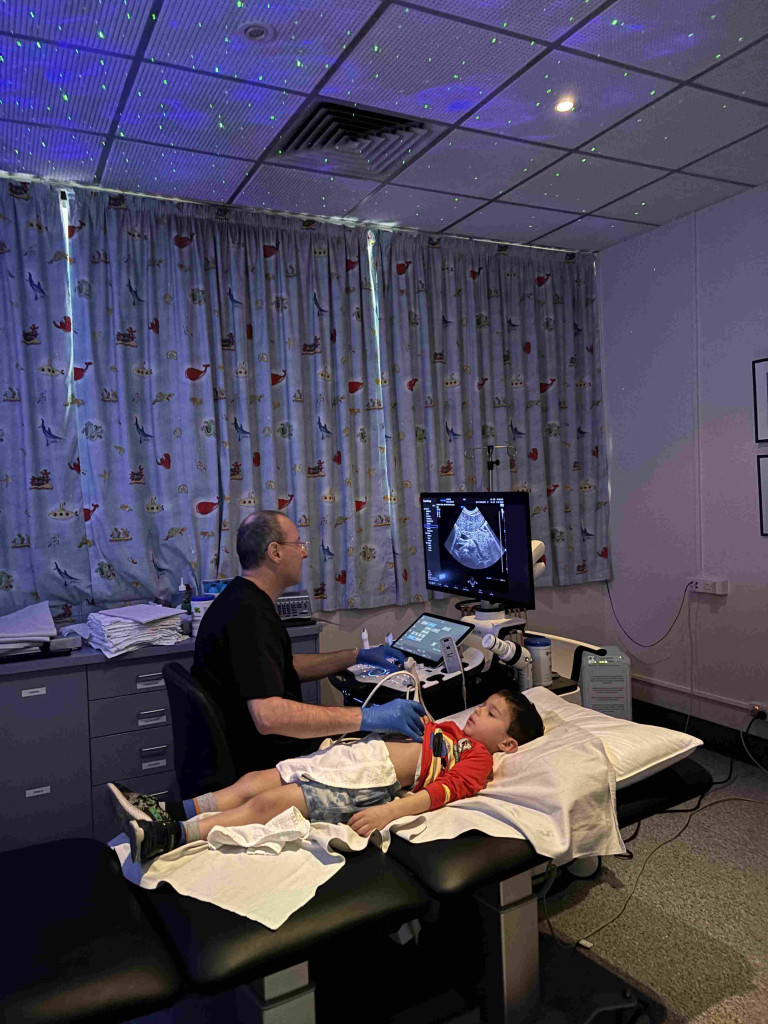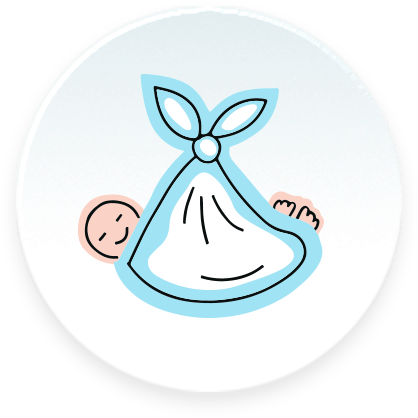ENDIA’s new ultrasound study
ENDIA’s new ultrasound study
Professor Jenny Couper, Dr Maddy Hall and nurses Alison and Ben are running this study all from the Women’s and Children’s Hospital in Adelaide. Eligible interstate ENDIA families are being flown over for the study!
The purpose of this smaller or sub-study of ENDIA is to find out more about the involvement of the “exocrine” part of the pancreas in the development of T1D. The pancreas has two parts. The part that makes insulin is called “endocrine” and the part that makes the enzymes that digest food in the gut is called “exocrine”. Most of the volume of the pancreas is made up of the exocrine part. However, the role of the exocrine pancreas in the processes that can lead to the development of type 1 diabetes (T1D) is not yet understood.
There are two main reasons why we know that the exocrine part is involved in the development of T1D.
- Firstly, the exocrine pancreas is smaller when a person develops T1D, and secondly,
- the functioning of the pancreas exocrine cells is a little lower on average (but still in the normal range) when a person develops T1D.
These changes don’t have any noticeable symptomatic effects for the person with T1D, but they may provide important targets for therapies to slow down the development of diabetes progression.
What we don’t yet understand is how changes in the exocrine part of the pancreas relate to:
- changes in the production of insulin, and
- the development of type 1 diabetes.
ENDIA is the only study internationally that can answer this. We hope knowledge gained could open up new opportunities for therapies to slow down the processes leading to T1D.
Participation involves taking a sugary drink, usual ENDIA visit samples and an ultrasound which is completely safe for children.

Sugary drink 
ultrasound of the pancreas
Hear more from Dr Maddy about the ultrasound study in this short video.

